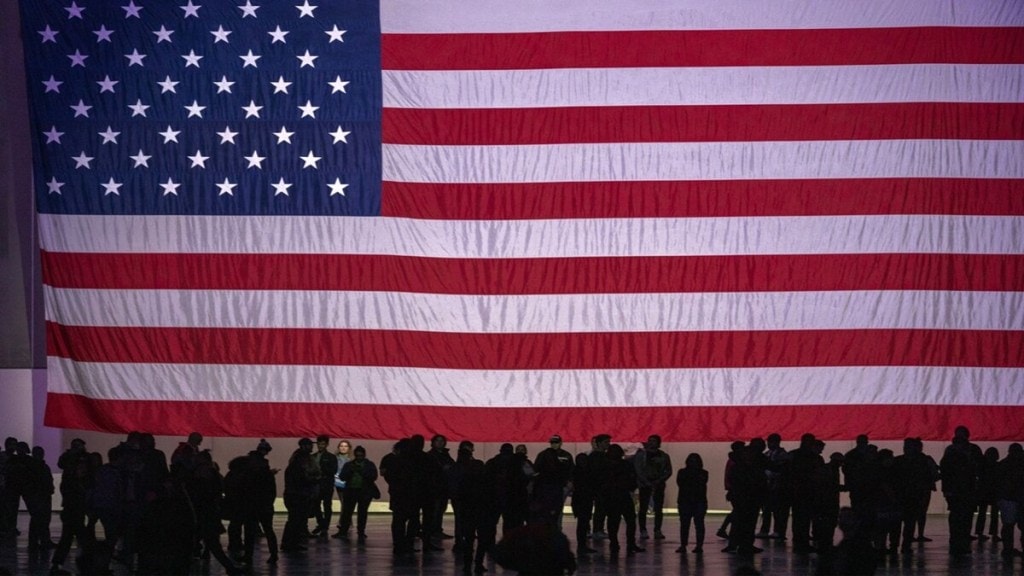By Varun Singh
U.S. corporate visas play a crucial role for Indian businesses seeking to establish a presence in the United States. These visas not only facilitate expansion but also enable businesses to tap into the vast U.S. market, explore partnerships, and gain access to a diverse talent pool. Choosing the right type of visa—whether it’s an L-1 for intracompany transfers or an E-2 for investors—depends on several factors, such as the nature of business operations and the long-term strategy of the company.
For instance, the L-1 visa is ideal for transferring managers or specialized employees to the U.S., making it more suitable for established companies with global operations.
Meanwhile, the E-2 visa caters to investors from treaty countries, allowing them to live and work in the U.S. while managing their investments. Proper visa selection and early-stage planning are key for ensuring smooth operations and successful expansion of Indian businesses into the U.S. market.
U.S. Corporate Visa Types for Indian Business Owners
Several U.S. corporate visas cater to the needs of Indian business owners looking to expand their operations. The L-1 visa is one of the most popular options, allowing companies to transfer executives, managers, or employees with specialized knowledge to their U.S. offices. This visa is ideal for businesses with established operations in both India and the U.S. and can be renewed for up to seven years.
The E-2 visa, on the other hand, is suited for investors from treaty countries who have made a substantial investment in a U.S. business. Though India is not a direct treaty country, it is still possible to qualify through secondary routes such as investing via a third country.
The H-1B visa is another well-known option for specialty occupations, particularly in IT and engineering fields. Finally, the O-1 visa caters to individuals with extraordinary abilities in business, science, or arts, making it ideal for exceptional entrepreneurs and leaders.
Understanding the eligibility criteria and choosing the right visa type is key to ensuring a smooth business expansion into the U.S.
Which Visa is Right for Your Business? Key Factors to Consider
When expanding your business to the U.S., it’s essential to choose the right visa that aligns with your company’s needs. For Indian business owners, two visa programs stand out: the L-1A Visa and the H-1B Visa (including H-1B Cap-Exempt).
L-1A Visa: Ideal for Intra-Company Transfers
The L-1A Visa is designed for executives or managers transferring from an Indian office to a U.S. subsidiary, affiliate, or parent company. It’s an excellent option for larger businesses or multinationals that want to establish a presence in the U.S. This visa allows for long-term work authorization and can also lead to permanent residency through a Green Card. Additionally, the L-1A offers flexibility in terms of renewals, making it easier to plan long-term business strategies.
H-1B Visa: Specialized Talent Without Caps
The H-1B Visa is a popular option for businesses looking to bring specialized talent to the U.S. However, the H-1B Cap-Exempt option stands out for those partnering with universities or certain nonprofit organizations, as it bypasses the annual lottery restrictions. This is ideal for companies in tech, research, and specialized industries that require highly skilled employees but want to avoid the competitive cap.
Understanding the Right Fit for Your Business
Choosing between these two programs depends on your business structure and needs. The L-1A Visa is perfect for transferring leadership, while the H-1B Cap-Exempt Visa offers more flexibility for acquiring specialized employees. Aligning these visa options with your company’s growth goals can simplify the U.S. expansion process and ensure compliance with immigration laws.
Navigating the U.S. Visa Application Process
Applying for a U.S. business visa can be a complex process, but being well-prepared can improve your chances of approval. The first step is to choose the correct visa type, such as the L-1 for intracompany transfers or the E-2 for investors. Applicants need to complete the DS-160 form online and pay the application fee. It’s crucial to gather all necessary documents, including a valid passport, financial statements, invitation letters, and proof of ties to your home country, which shows your intent to return after your business activities.
Scheduling two appointments is mandatory: one at the Visa Application Center (for biometrics) and another at the U.S. Embassy or Consulate for a personal interview. During the interview, be prepared to explain your business purpose clearly and provide supporting documents. Common challenges include delays in scheduling appointments and issues with documentation. To avoid complications, ensure all paperwork is complete and accurate before submission.
Conclusion
Successfully navigating the U.S. visa process requires careful planning, accurate documentation, and understanding visa-specific requirements. By selecting the appropriate visa and preparing for interviews thoroughly, Indian business owners can streamline their application and increase their chances of approval, enabling a smooth entry into the U.S. market.
(Author is MD, XIPHIAS Immigration)
Disclaimer: Views expressed are personal and do not reflect the official position or policy of FinancialExpress.com. Reproducing this content without permission is prohibited.
